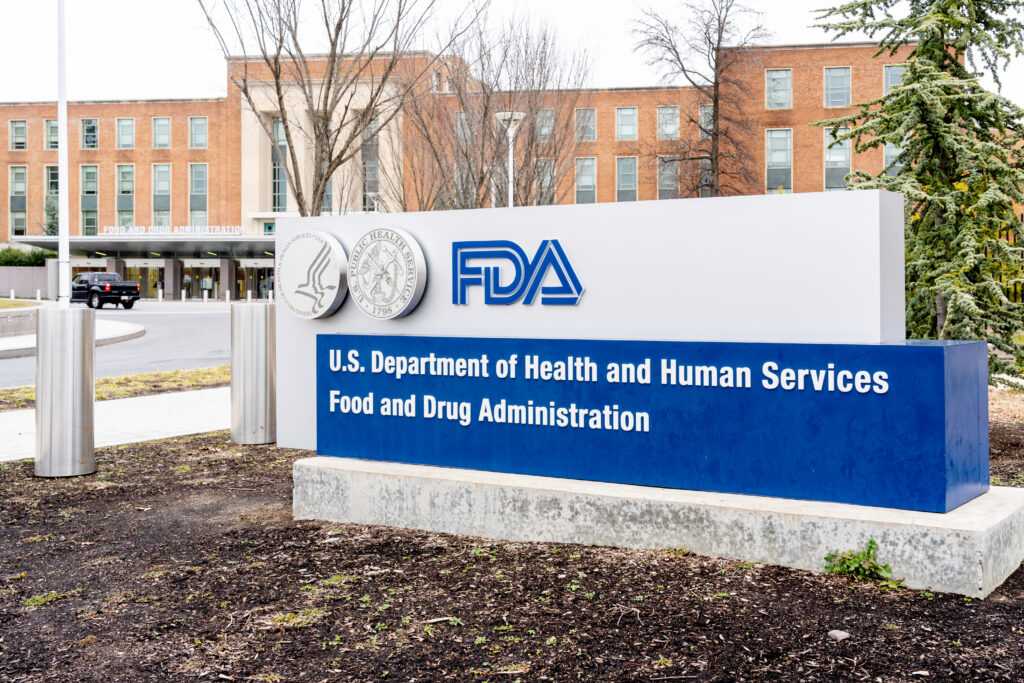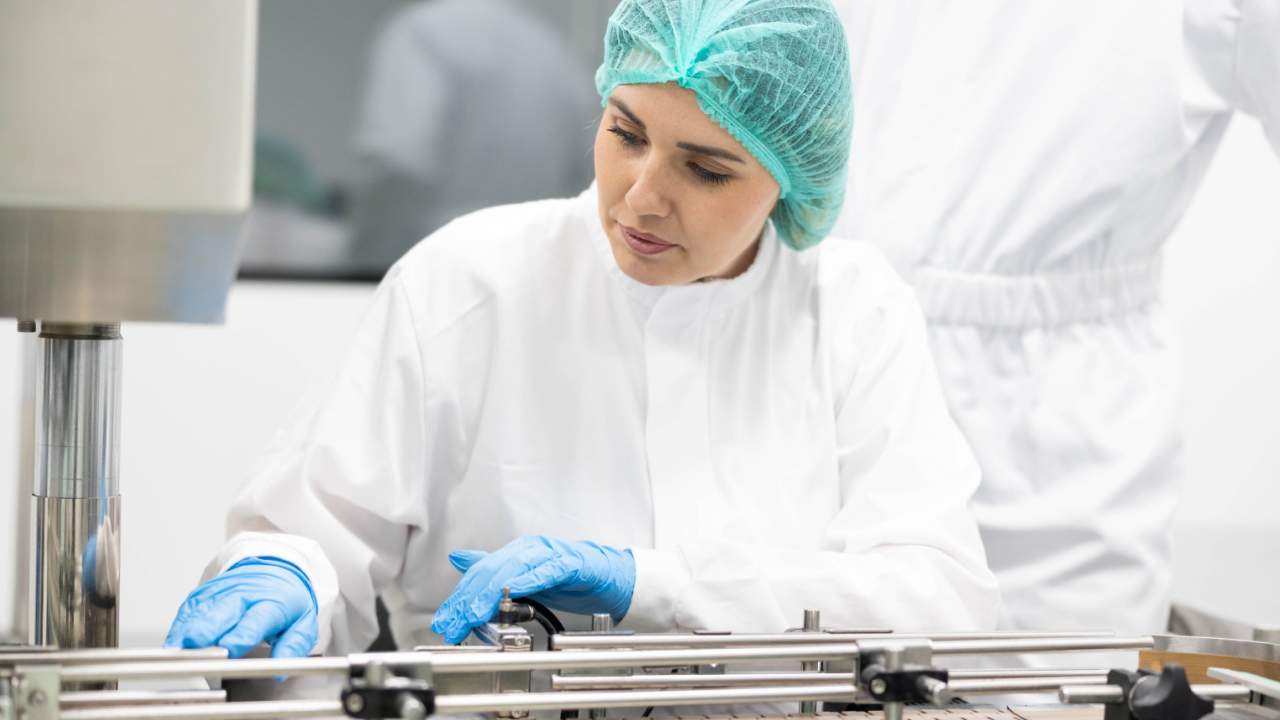The Janssen Pharmaceutical Companies of Johnson & Johnson announced that its bispecific antibody Talvey (talquetamab-tgvs) received US Food and Drug Administration (FDA) approval as a fifth-line treatment for adult patients with heavily pretreated multiple myeloma. This includes patients with relapsed or refractory multiple myeloma who have received at least four prior lines of therapy, which can include a proteasome inhibitor, an immunomodulatory agent and an anti-CD38 antibody.
Talvey is a bispecific T-cell engaging antibody that binds to the CD3 receptor on the surface of T cells and G protein-coupled receptor class C group 5 member D (GPRC5D) expressed on the surface of multiple myeloma cells, non-malignant plasma cells and healthy tissue such as epithelial cells in keratinized tissues of the skin and tongue, according to Johnson & Johnson.
The treatment is the first-in-class GPRC5D targeting bispecific therapy to receive FDA approval. And it’s Johnson & Johnson’s second bispecific drug for multiple myeloma after the 2022 approval of B-cell maturation antigen (BCMA)-targeting Tecvayli (teclistamab-cqyv).
Talvey is approved as a weekly or biweekly subcutaneous (SC) injection after an initial step-up phase, which offers physicians the flexibility to determine the optimal treatment regimen for patients, said Johnson & Johnson in the press release announcing Talvey’s approval.
XTALKS WEBINAR: Cancer Immunotherapy: Exploring Imaging as a Catalyst to Immune Response Prediction
Live and On-Demand: Wednesday, September 27, 2023, at 2pm EDT (11am PDT)
Register for this free webinar to discover the present and transformative impact of predictive biomarkers on immunotherapy response. Attendees will learn about the role of cytotoxic T cells expressing CD8 in the anti-cancer immune response and the emerging field of radiomics and its potential merger with AI and more.
The therapy was granted accelerated approval and was evaluated under Project Orbis, an initiative of the FDA Oncology Center of Excellence, which provides a framework for the simultaneous submission and review of oncology drugs across international partners. For Talvey’s review, the FDA said it collaborated with the Australian Therapeutic Goods Administration (TGA) and Switzerland’s Swissmedic.
Talvey’s FDA nod was based on results from the Phase II MonumenTAL-1 study, which included 187 patients who had received at least four prior lines of therapy and who were not exposed to prior T-cell redirection therapy.
At the lowest biweekly dose (0.4 mg/kg), the overall response rate (ORR) was 73 percent defined by partial or complete tumor shrinkage. Among responders, after a median follow-up of nearly six months from first response, 35 percent of patients achieved a complete response (CR). Results were similar at the higher 0.8 mg/kg dose with an ORR of 73.6 percent with 33 percent of patients achieving a CR. Patients in the group did not receive any B-cell maturation antigen (BCMA)-directed agents.
In another group consisting of 32 patients that received either a bispecific antibody or CAR T-cell therapy (30 patients had BCMA therapy), the ORR was 72 percent.
Johnson & Johnson said the two different dosing regimens and ability to treat patients irrespective of BCMA exposure provides flexibility and versatility for patients and the healthcare system.
According to Fierce Pharma, Johnson & Johnson is planning to launch Talvey at a list price of $45,000 per month. Based on a full treatment regimen of six to eight months, this amounts to a total cost of around $270,000 to $360,000.
Due to potential for neurologic toxicity and cytokine release syndrome (CRS), both known side effects of T-cell engagers, Talvey will be available through an FDA-designated drug safety program.
The confirmatory trial for its accelerated approval will be the Phase III MonumenTAL-3 trial in which Talvey will be evaluated in patients after they first relapse.
Additionally, Johnson & Johnson is conducting the early-stage RedirecTT-1 study that is testing Talvey in combination with Tecvayli. Results so far, presented at this year’s American Society of Clinical Oncology (ASCO) annual meeting, showed that the combo led to a 96 percent remission rate at the recommended Phase II dose. The company is also pairing Talvey with its CD38 antibody Darzalex (daratumumab) in the Phase I TriMM-2 trial, results of which have shown 71 percent to 84 percent response rates at different dosing regimens.
Related: Epkinly (Epcoritamab) Approved as First Bispecific Antibody for Most Common Non-Hodgkin’s Lymphoma
The BCMA- and GPRC5D-specific bispecific antibody space in multiple myeloma is becoming quite competitive. Pfizer is expecting a decision on its BCMA bispecific elranatamb this month while Bristol Myers Squibb (BMS) and Roche are working on a GPRC5D CAR-T and a GPRC5DxCD3 bispecific (forimtamig), respectively — the latter is in direct competition with Talvey.
Johnson & Johnson continues to have a strong standing in multiple myeloma overall. Legend Biotech-partnered BCMA-directed CAR T-cell therapy Carvykti (ciltacabtagene autoleucel) posted impressive numbers in the second quarter of this year with sales hitting $117 million compared to just $24 million the same time last year.
Results presented at ASCO showed that Carvykti cut the risk of progression or death by an impressive 85 percent among heavily pretreated multiple myeloma patients with refractory disease compared with physician’s choice standard of care treatment. Carvykti appears to have the edge over BMS’ BCMA CAR-T rival Abecma (idecabtagene vicleucel), which cut the same risk by a lower 54 percent in a separate Phase III trial. Both companies are facing challenges in meeting demand due to manufacturing limitations of personalized immunotherapies like CAR T-cell treatments.












Join or login to leave a comment
JOIN LOGIN